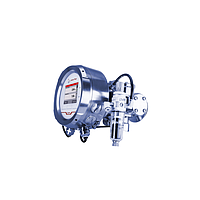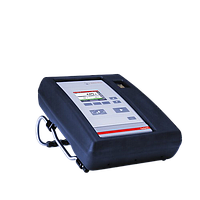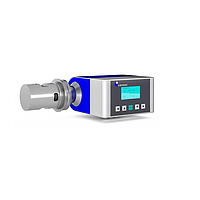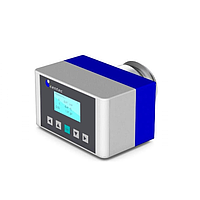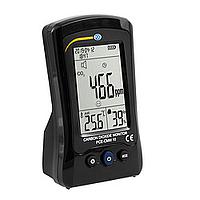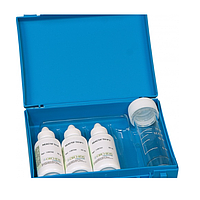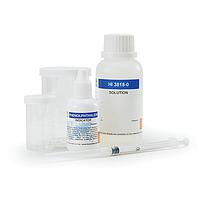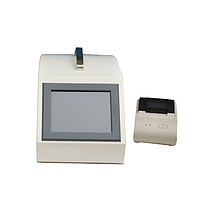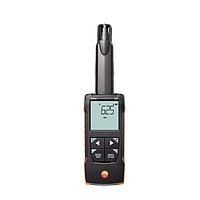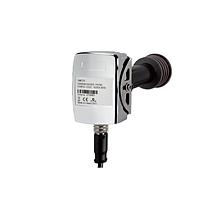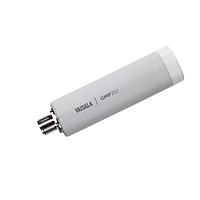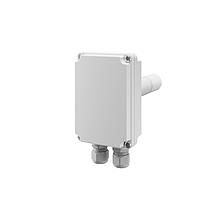CO2 in liquid meter
Why should we care about CO₂ in liquids?
In modern industries, from soft drinks, beer, wine production to aquaculture, one small factor with a big impact is dissolved CO₂ in liquids. At suitable levels, CO₂ brings benefits: creating a refreshing sensation in beverages, supporting preservation, and stabilizing pH. But if it exceeds or falls short of the threshold, CO₂ can turn into a “destroyer”: reducing product quality, damaging equipment, and even directly affecting livestock health and production profits.
So how can we accurately control the amount of CO₂? That’s when liquid CO₂ analyzers become mandatory tools—not just “additional equipment” but comprehensive solutions for ensuring quality and safety.
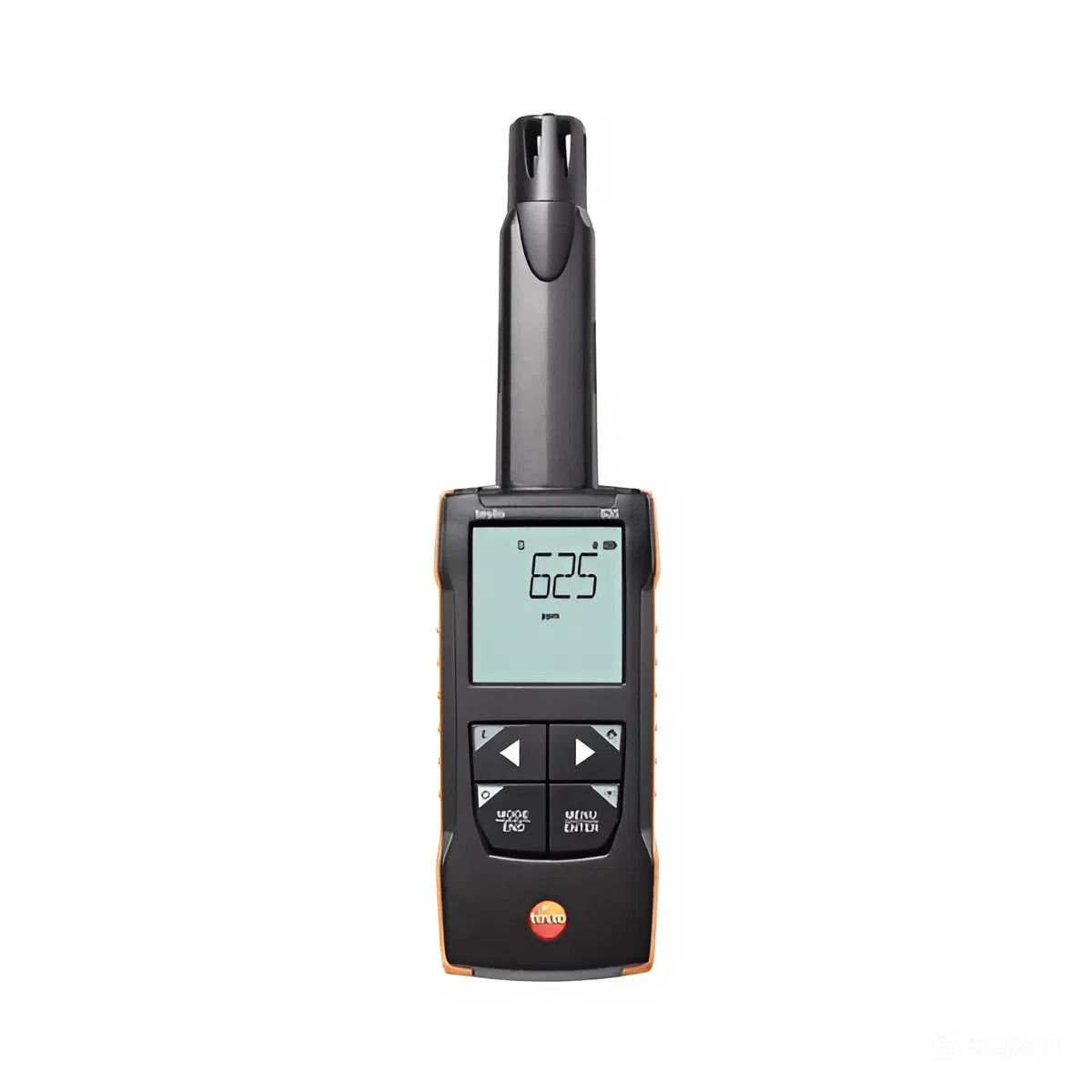
How does CO₂ in liquids affect products and production?
Many people simply think CO₂ is only related to carbonated drinks or beer. In fact, the influence of CO₂ is much broader:
In the beverage industry: If CO₂ is lower than standard, soft drinks, beer, and wine will lose carbonation, taste worse, and be rejected by consumers. Conversely, if CO₂ is too high, the pressure inside bottles/cans increases, causing potential explosions during transport, leading to safety risks and economic loss.
In aquaculture: High CO₂ concentration reduces dissolved oxygen, causing stress for fish and shrimp. This not only slows growth but also makes aquatic species more susceptible to diseases, resulting in significant losses for farmers.
In pharmaceuticals and laboratories: CO₂ is a key parameter in many research, preservation, and production processes. Even small deviations can make test results inaccurate or affect the quality of medical products.
Why do we need specialized CO₂ analyzers instead of manual methods?
In the past, many factories or farms relied on experience or manual methods to estimate CO₂. However, this approach has many limitations:
- Chemical tests or visual experience cannot accurately reflect dissolved CO₂ concentration, especially in large-scale industrial environments.
- Manual methods only provide instantaneous results, not 24/7 monitoring. This leads to the risk of missing critical moments when CO₂ exceeds the threshold.
- Modern production requires clear data for analysis and process optimization, which manual methods almost cannot provide reliably.
By contrast, liquid CO₂ analyzers at EMIN are designed to:
- Ensure high accuracy, even in demanding production environments.
- Allow continuous monitoring or quick on-site testing.
- Connect data with management systems, enabling enterprises to comprehensively control their processes.
Frequently asked questions about liquid CO₂ analyzers
1. Are liquid CO₂ analyzers easy to use?
Most of EMIN’s models are user-friendly, with clear displays and simple operation. Users just need to collect samples correctly or connect the sensor to get results within minutes.
2. Can one CO₂ analyzer be used for different types of beverages?
Yes. Models such as Anton Paar CarboQC are designed to measure various types of soft drinks, beer, and wine while still ensuring accuracy.
3. Do CO₂ analyzers need frequent calibration?
Yes, but the frequency depends on the environment of use. EMIN also provides calibration and maintenance services to ensure long-term stable operation.
4. Are online CO₂ analyzers really necessary?
If a business produces on a large scale, with tens of thousands of bottles/cans per day, then an online system is mandatory to avoid errors. The initial investment may be high, but the benefits far outweigh the costs.
Economic benefits and cost optimization when investing in CO₂ analyzers at EMIN
Investing in CO₂ analyzers is not just about “measuring to know” but also brings many practical values:
Prevent problems early: A device worth just tens of millions of VND can help businesses avoid losses of hundreds of millions from a damaged batch due to CO₂ deviation.
Optimize production: Thanks to accurate measurement data, factories can adjust processes, saving CO₂, energy, and time.
Enhance brand reputation: Products with stable CO₂ standards mean consistent quality, retaining customers and increasing competitiveness.
Reduce legal and safety risks: Prevent bottle explosions, reduce risks to employee and consumer safety.
Conclusion
In a highly competitive market, controlling CO₂ in liquids is no longer optional but a mandatory requirement to ensure quality, safety, and production efficiency.
Investing in CO₂ analyzers at EMIN is the way for businesses and farmers to maintain quality, minimize risks, and optimize long-term costs.
Get exclusive volume discounts, bulk pricing updates, and new product alerts delivered directly to your inbox.
By subscribing, you agree to our Terms of Service and Privacy Policy.
Direct access to our certified experts

